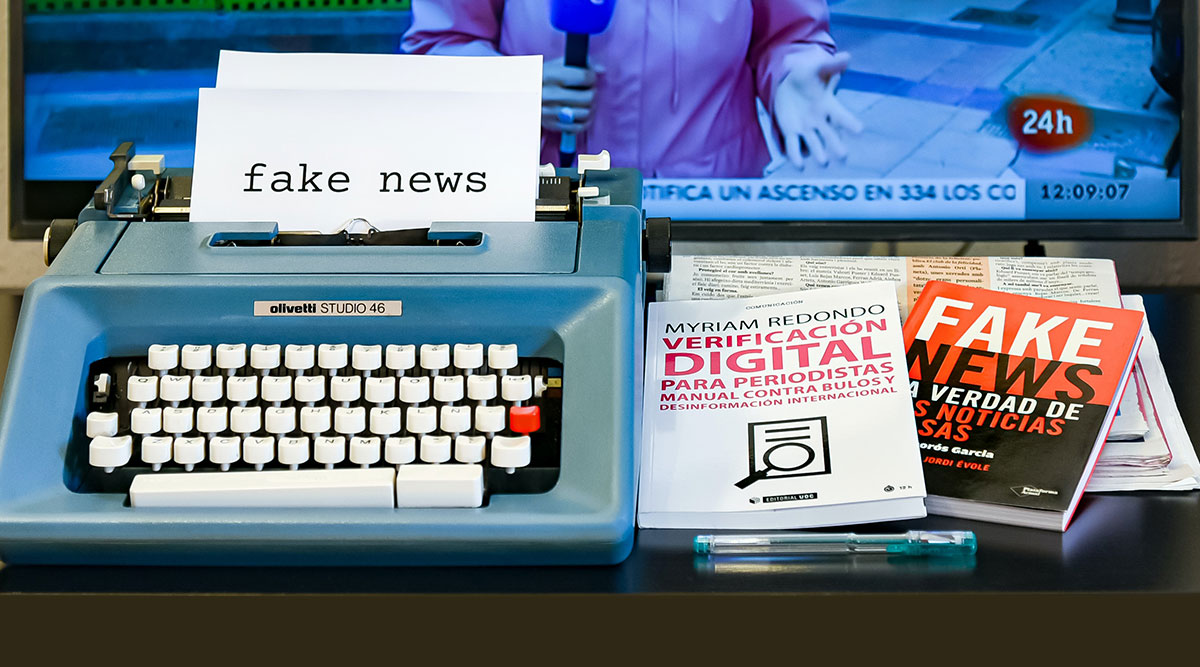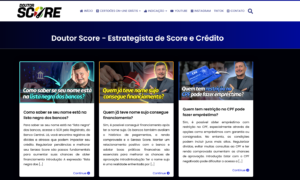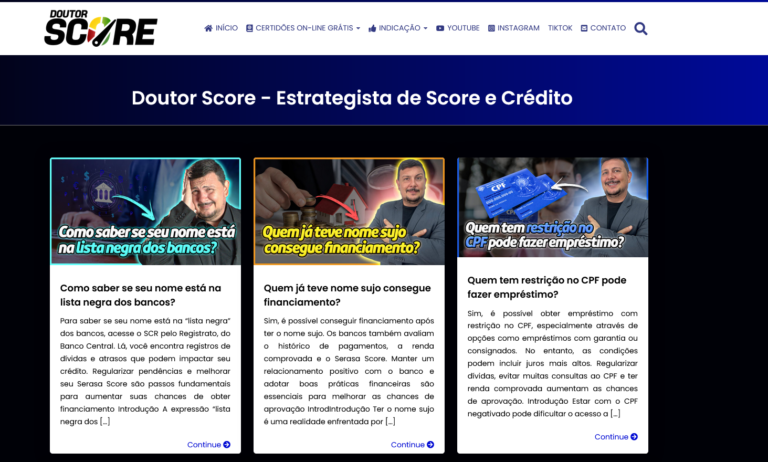Navigating the Maze: Tips for Staying Informed in a World of Misinformation
The modern information landscape is a double-edged sword. Never before have we had access to such a vast array of knowledge, yet this abundance comes alongside a perilous threat: misinformation. Disguised as legitimate news, these harmful distortions can fuel division, sow doubt, and erode trust. So, how do you stay informed without falling prey to the siren song of falsehoods? Here are some essential tips to navigate the maze of misinformation:
Become a Media Detective:

- Source Scrutiny: Don’t trust everything you read at face value. Investigate the source! Look for established news organizations with a history of journalistic integrity and fact-checking. Be wary of unfamiliar websites or those with sensational headlines and biased language.
- Author Audit: Check the author’s credentials and expertise on the topic. Are they a recognized authority in the field, or someone pushing an agenda? Look for affiliations and potential conflicts of interest.
- Fact-Checking Fortress: Don’t let claims go unchallenged. Verify information through reputable fact-checking websites like Snopes, PolitiFact, or FactCheck.org. Cross-reference with other credible sources to triangulate the truth.
Think Before You Share:

- Pause, Don’t Panic: Resist the urge to share sensational news instantly. Take a moment to breathe, evaluate the information, and assess the source’s reliability. Sharing misinformation, even with good intentions, can amplify its reach and harm others.
- Double-Check, Don’t Doubt: Before hitting the “share” button, conduct a quick online search. See if other credible sources are reporting the same information. Are there any red flags like manipulated images or obvious biases?
- Context is King: When sharing information, provide context and additional sources. Encourage critical thinking and discussion instead of blindly accepting claims.
Diversify Your News Diet:

- Break the Bubble: Don’t get trapped in an echo chamber where you only see information that confirms your existing beliefs. Seek out diverse perspectives and news sources that challenge your biases. Read local and international news, and expose yourself to a variety of viewpoints.
- Follow the Experts: Identify and follow respected journalists, researchers, and academics in your areas of interest. Their insights can provide valuable counterpoints to mainstream narratives and help you stay informed on nuanced issues.
- Develop Media Literacy Skills: Equip yourself with critical thinking tools to analyze information effectively. Identify logical fallacies, recognize emotional manipulation tactics, and understand how framing and bias can influence reporting.
Remember, the fight against misinformation is an ongoing effort. By adopting these tips, you can become a responsible consumer of information, an informed citizen, and a powerful force against the spread of falsehoods. Share your knowledge, engage in constructive dialogue, and together, we can build a more informed and critical society.
Bonus Tip: Consider supporting independent journalism and fact-checking organizations. Their work is crucial in upholding truth and accountability in the information age.



